Democratic-Backed Judge Wins Wisconsin Supreme Court Race, Dealing Blow to Elon Musk’s Political Push
Wisconsin voters have elected Susan Crawford, a Democratic-backed judge, to the state’s highest court in what has become the most expensive judicial race in U.S. history.
Judge Susan Crawford is on track to defeat conservative opponent Brad Schimel, maintaining the 4-3 liberal majority on the Wisconsin Supreme Court. The result is a significant political win for Democrats—and a setback for billionaire Elon Musk, who poured millions into Schimel’s campaign.
With nearly all ballots counted, Crawford secured about 54% of the vote to Schimel’s 45%, according to CBS News projections. The outcome is expected to have major consequences, especially as the court will likely weigh in on congressional redistricting ahead of the 2026 midterms and the 2028 presidential election.
Musk, a vocal supporter of Donald Trump and key fundraiser in the race, invested more than $20 million in support of Schimel, contributing to over $100 million spent in total by both sides. Despite his high-profile involvement, voters rejected his preferred candidate.
In her victory speech, Crawford addressed the influence of money in the race, saying: “Wisconsin stood up and said loudly that justice does not have a price. Our courts are not for sale.”
Crawford, a Dane County judge and former attorney for Planned Parenthood, campaigned in favor of abortion rights and against a proposed constitutional amendment to require voter ID—despite the law already being in effect.
The result also serves as a political blow to Donald Trump. While the former president celebrated Republican wins in two Florida congressional races, Crawford’s victory in Wisconsin—a pivotal swing state—undercuts his influence. He won the state by less than 1% in last year’s presidential election.
The race became a referendum on Musk’s growing political influence. Musk had campaigned in Wisconsin, handing out $1 million checks to voters who backed conservative causes and distributing smaller sums for social media posts promoting Schimel. His political action committee even promised $50 to anyone who photographed a Wisconsinite holding a picture of Schimel at a polling site.
Despite being outspent, Crawford’s campaign received support from prominent Democratic donors like George Soros, Illinois Governor JB Pritzker, and LinkedIn co-founder Reid Hoffman. Still, Musk outpaced all individual donors.
Senator Elizabeth Warren celebrated the victory on social media, writing: “Wisconsin cannot be bought. Our democracy is not for sale. And when we fight, we win.”
Meanwhile, Musk acknowledged the defeat with a cryptic message on his social platform, X: “I expected to lose, but there is value to losing a piece for a positional gain.”
In Milwaukee, heavy Democratic turnout caused a ballot shortage, which officials attributed to “unprecedented and historic voter turnout.” Some voters cited Musk’s involvement as their main motivation to go to the polls.
“I don't know how a billionaire, almost a trillionaire, can decide what's going on,” said Milwaukee Bucks fan Mike McClain. “You can’t even relate with common people.”
Schimel supporters remained loyal to Trump’s agenda. One voter who declined to be named said, “We got to take it back home here and reinforce everything that Donald Trump has done.”
A significant part of the liberal campaign focused on Musk’s controversial role in the federal Department of Government Efficiency (nicknamed “Doge”), which has implemented deep budget cuts and layoffs across the federal workforce.
Looking ahead, the Wisconsin Supreme Court is poised to influence redistricting battles that could shift the balance of power in Congress. Currently, Republicans hold six of the state's eight House seats—a status that could be challenged with new court decisions under the liberal majority.
Though Tuesday brought wins for Republicans in Florida, the message from Wisconsin was clear: billionaire spending doesn’t always sway the ballot box.


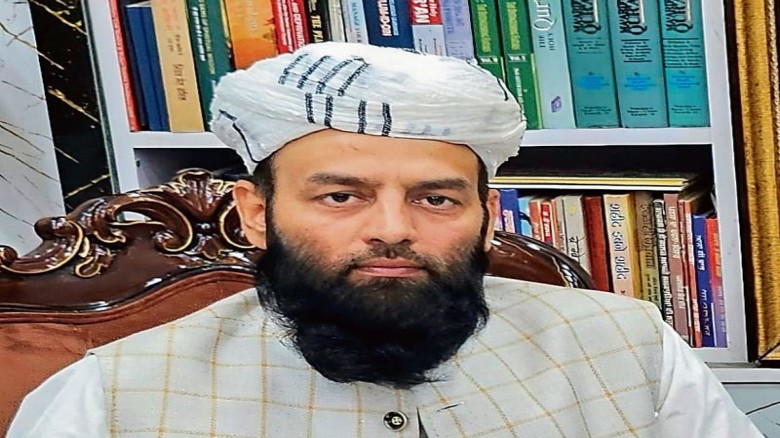

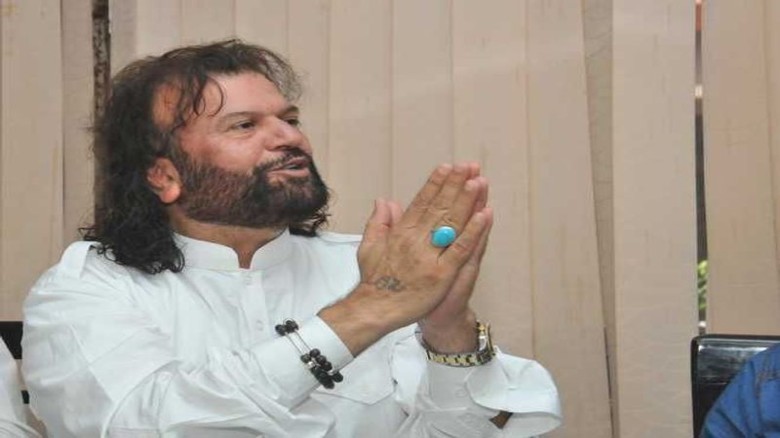




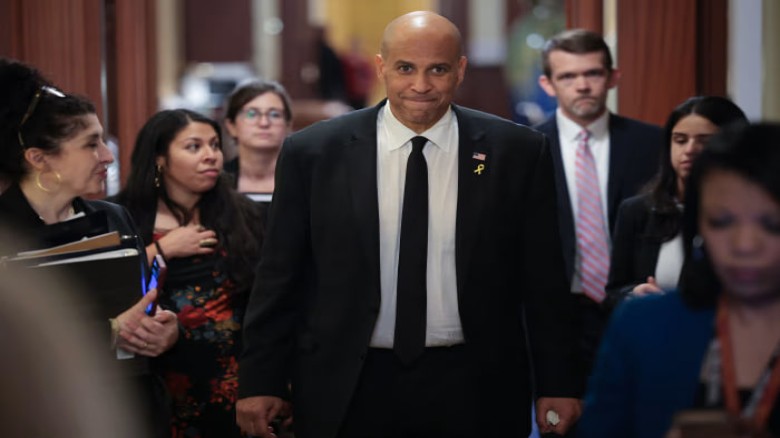
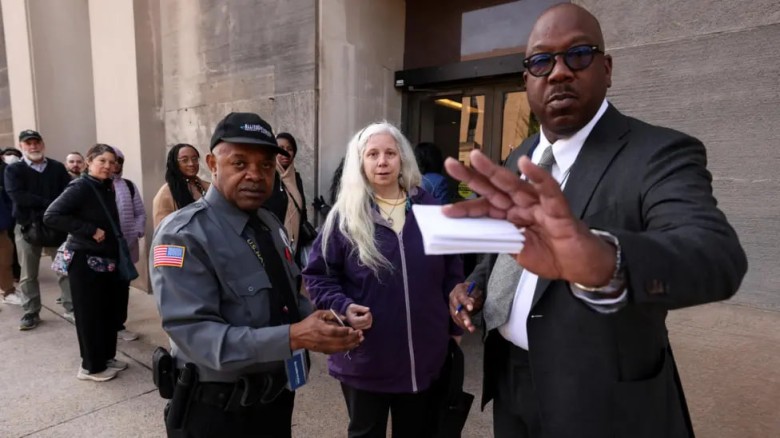

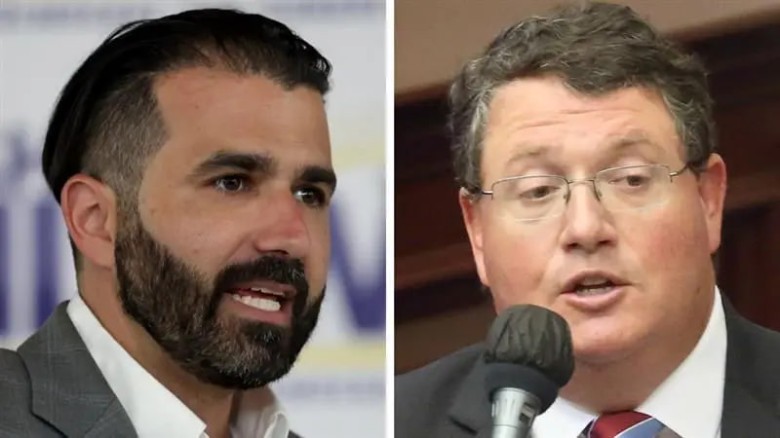

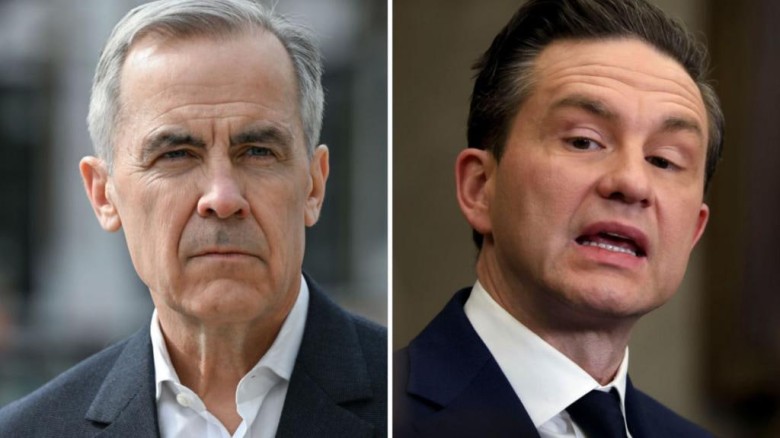
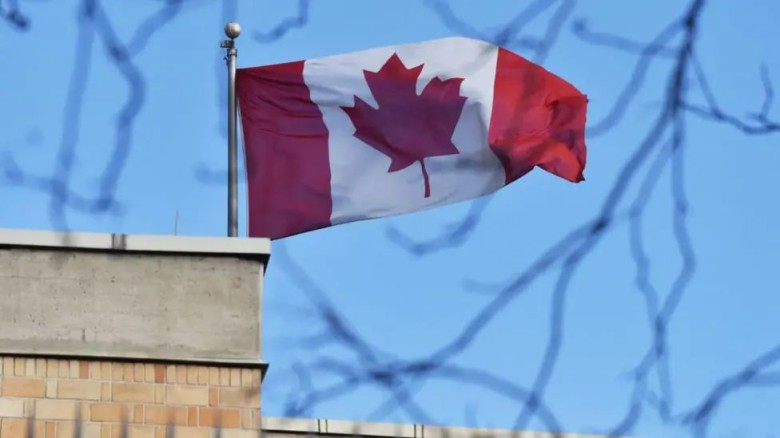
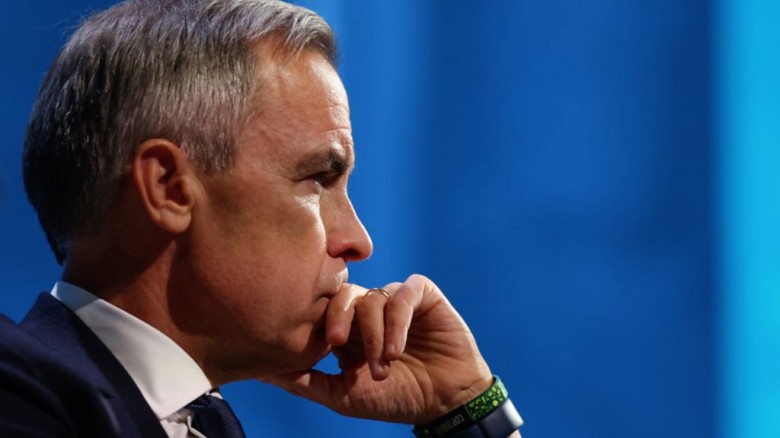

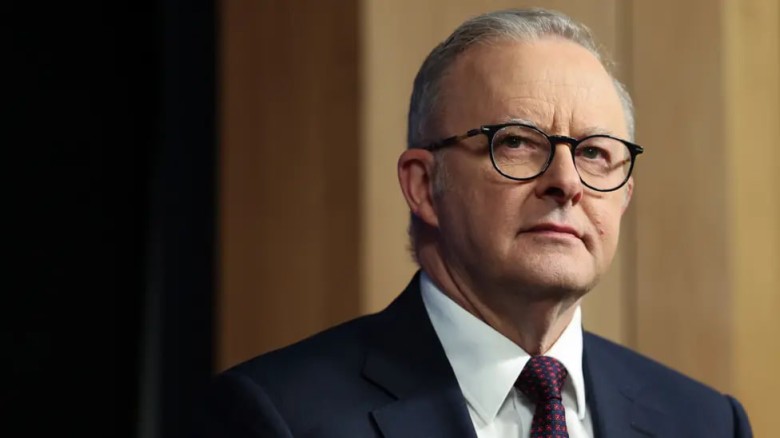



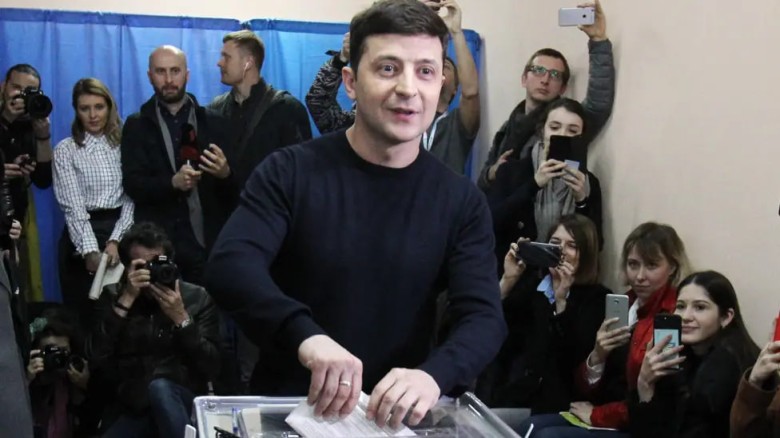

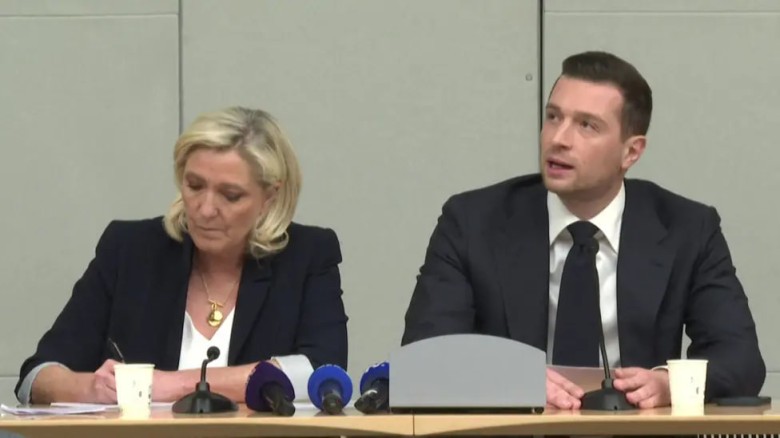



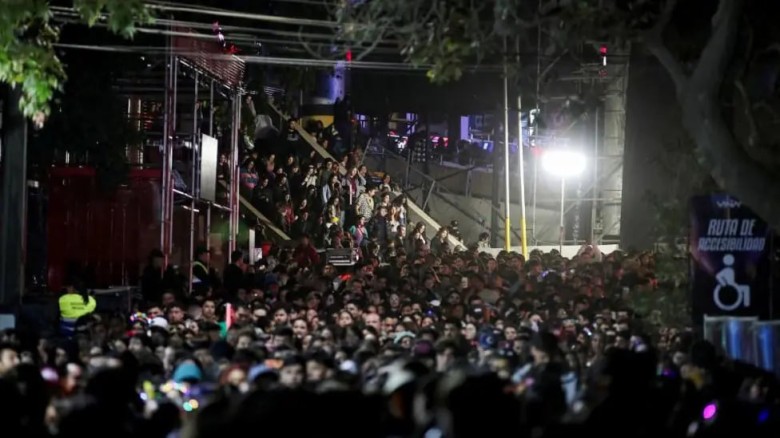





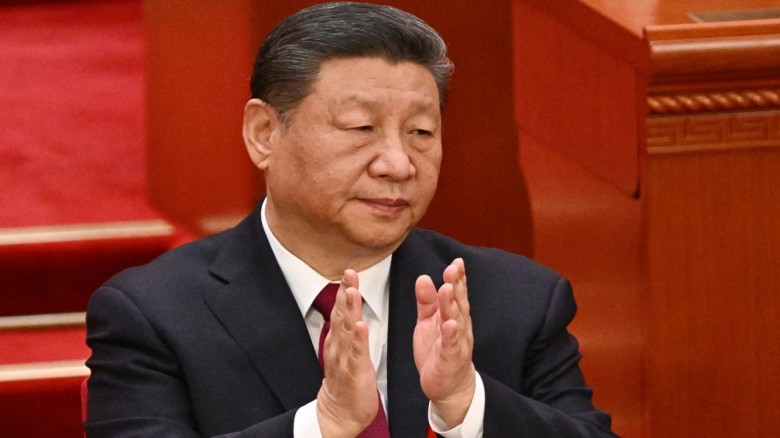







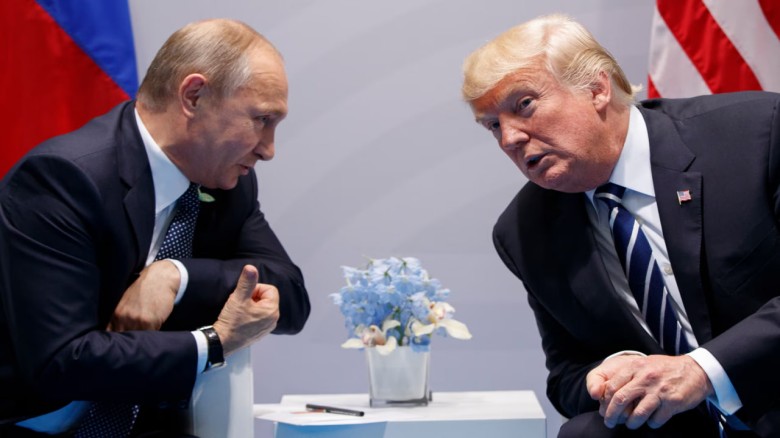



























Leave A Comment